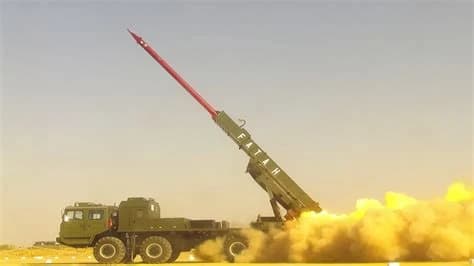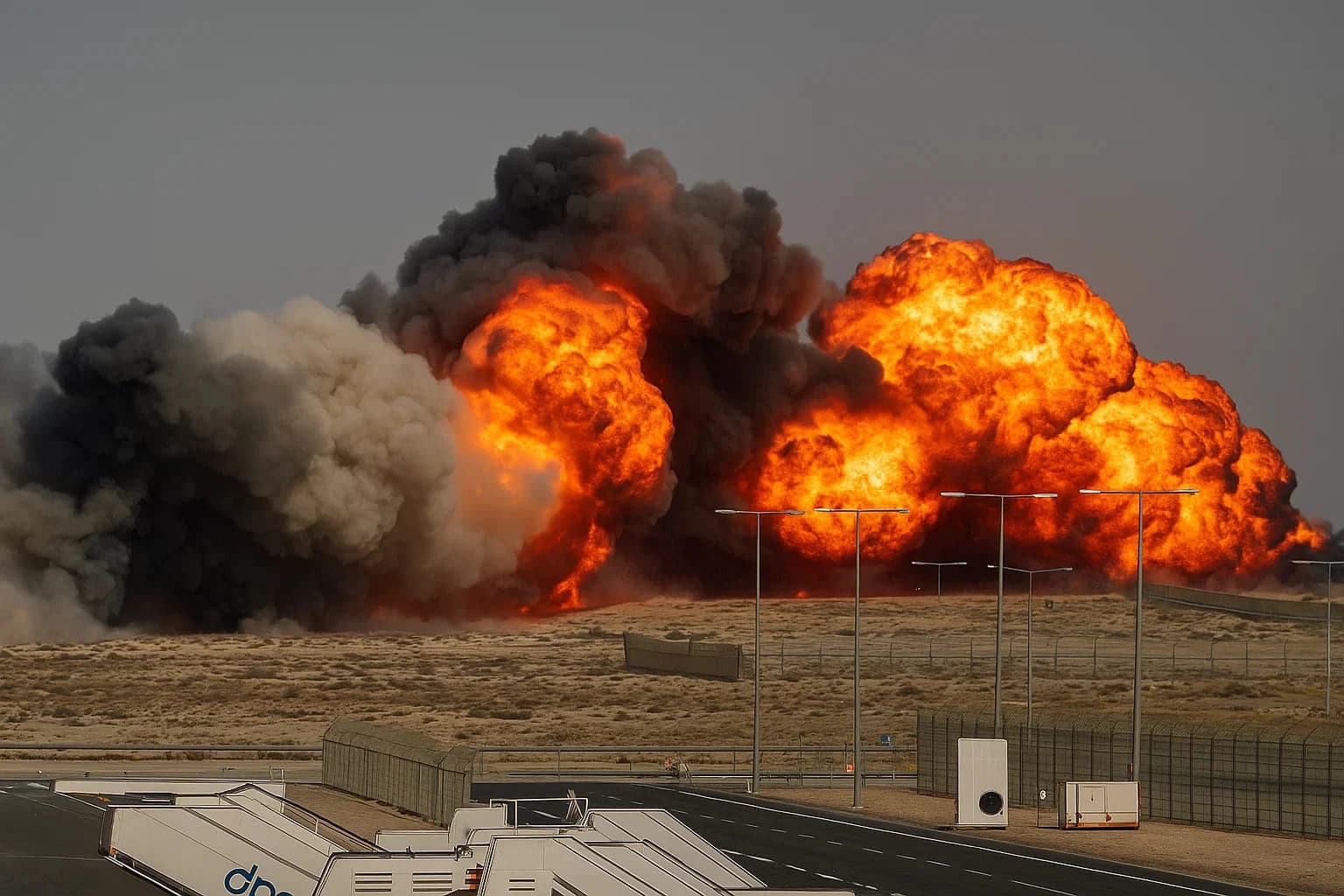© 2025 Roz UpdatesbyTETRA SEVEN

* All product/brand names, logos, and trademarks are property of their respective owners.
On May 10, 2025, Pakistan launched a significant military operation, unofficially dubbed Operation Bunyan al-Marsus, targeting 26 Indian military installations in response to earlier Indian missile strikes that killed 26 Pakistani civilians, including women and children (source).
According to the Inter-Services Public Relations (ISPR), the operation was a “measured and proportionate” act of self-defense. Over the course of just 60 minutes, Pakistani forces deployed advanced military hardware including the JF-17 Thunder Block III, Shahpar-II drones, and Fatah-1 missiles., supported by satellite and electronic warfare systems.
Pakistan’s 26 air and missile strikes were aimed at disrupting Indian command capabilities and logistics. According to ISPR and national broadcast coverage, the targets included airbases in Pathankot and Udhampur, a BrahMos missile storage facility in the Beas region of Amritsar, and surveillance installations in Kupwara and Leh—zones central to India’s forward military posture along the Line of Control (LoC).
In a significant escalation, Pakistani drones reportedly penetrated Indian airspace deep enough to reach areas surrounding the capital, New Delhi. This surprising reach demonstrated the extent of Pakistan’s electronic warfare and drone coordination, creating operational disruption even in India's central command zones.
According to ISPR, these strikes disabled key airfield assets, destroyed several supply hubs, and damaged surveillance infrastructure. Among the most debated outcomes was Pakistan’s claim that it had destroyed an Indian S400 air defense system near Adampur, using precision-guided munitions launched from a JF-17 Thunder.
In the aftermath of the strikes, northern India experienced significant military disruption. Communications were briefly jammed, airspace was sealed off in affected sectors, and emergency protocols were activated.
While India has not confirmed casualty figures, ISPR estimates suggest at least 78 Indian military personnel were killed, and more than 200 wounded (source). The loss of civilian lives in the earlier Indian missile barrage remained the emotional and political core of Pakistan’s retaliation.
Following the strikes, both countries placed their forces on high alert, increased border patrols, and suspended cross-border exchanges. International actors including the UN, China, and the United States called for restraint amid fears of broader conflict escalation.

22 November 2025

18 November 2025
No comments yet. Be the first to comment!